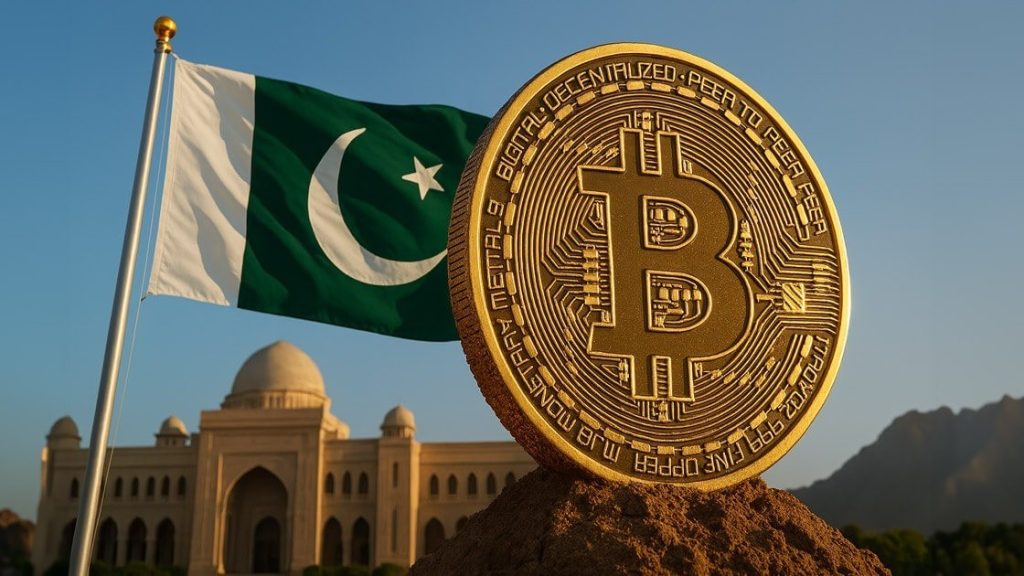Pakistan has emerged as a rising force in the global financial arena by leveraging cryptocurrency as a strategic tool to gain economic recognition. The country is using crypto not only for economic empowerment but also as an instrument of digital diplomacy.
On July 9, the President of Pakistan signed an ordinance establishing the Pakistan Virtual Asset Regulatory Authority (PVARA). This new regulatory body will oversee digital assets, ensuring transparency and building investor confidence. Within a few months, the government’s swift action in launching PVARA has surprised the international community.
Notably, Pakistan has secured the interest and involvement of global crypto leaders such as Changpeng Zhao, the founder of Binance. His partnership with Pakistan is being hailed as a diplomatic and economic success, opening doors to greater cooperation in the fintech sector.
In stark contrast, India under Narendra Modi is struggling to keep pace with emerging technologies like cryptocurrency. The absence of clear regulations on crypto in India has led to widespread investor uncertainty. Despite repeated appeals by the Indian Supreme Court, the Modi government has remained silent on forming a clear crypto policy.
India’s outdated tax policies have further stifled growth in the crypto space, burdening the sector and discouraging innovation. As a result, hundreds of Indian startups have been left disappointed and directionless.
Meanwhile, Pakistan is planning to enter Bitcoin mining and is also working toward building its own crypto reserves. These initiatives are part of a broader strategy to prepare the country for the future digital economy.
Unlike India, which remains stuck in conventional banking approaches, Pakistan is positioning itself as a modern, forward-thinking economy. By integrating crypto into its economic, diplomatic, and energy frameworks, Pakistan is sending a clear message: it is ready for the future.
Modi’s poor economic leadership has disheartened India’s youth, investors, and tech innovators. Pakistan, on the other hand, is transforming cryptocurrency into a source of national strength, while India lags behind due to outdated policies and indecisive governance.


